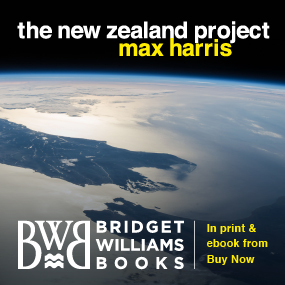Organist Thomas Gaynor Wins Huge Prize
Wellington’s Thomas Gaynor, 24, who is currently studying in the United States, has won the prestigious 3rd Bach Liszt Organ competition, held in Weimar, Germany.
The Wellington College graduate won the organ prize over 18 other young organists. His win is huge and groundbreaking. Not only does it elevate him in the organ world, he also receives a $12,000 Euro prize, which he will put towards his Doctorate in Musical Arts at the in Rochester, New York.
For the competition, he played three hours of music before judges in six live performances, mainly a mix of Bach, Liszt and Schumann.
“That was one of the most stressful two weeks of my life,” Gaynor says. “There were 18 of us trying to practice on the same instrument before each competition. I only had 1.5 hours to prepare for a concert I would normally have about 20 hours to prepare for.”
Playing in the church where Bach was organist for five years, composing the pieces as he played, Gaynor says: “It’s a pretty amazing feeling thinking about what he would have played and how he would have played it. The organ is as it was back then, even though a lot of organs over in Germany were melted down and turned into bullets during the war.”
His father, Bill Gaynor, a Wellington musician and educator says: “It’s the first time that a New Zealander has won something like this since [the New Zealand British organist] Dame Gillian Weir did 25 years ago.”
Gaynor doesn’t have time to do much apart from study and his part-time job as assistant music director at Christ Episcopal Church in Pittsford, near where he lives. Each Sunday, he has to rise early to play the organ for the 8 a.m. and 10 a.m. church services.
Original article by Sarah Catherall, Stuff, October 15, 2015.















